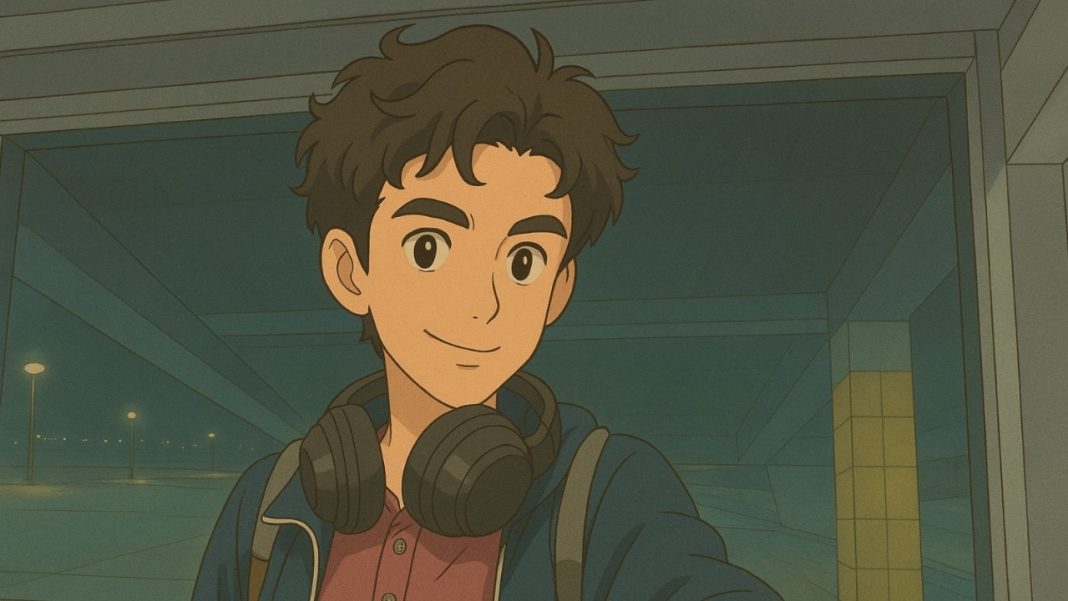Japan Demands OpenAI Stop Using Studio Ghibli Art for AI Training
Japanese publishers including Studio Ghibli have formally demanded that OpenAI cease using their copyrighted content to train its AI models, warning that Sora 2’s outputs may constitute copyright infringement.
Key Takeaways
- Japanese publishers accuse OpenAI of using their content without permission for AI training
- CODA claims Sora 2 produces content closely resembling Japanese copyrighted works
- OpenAI’s opt-out copyright approach conflicts with Japan’s permission-first system
- This marks another copyright challenge for OpenAI following similar global complaints
In March, social media platforms were flooded with Ghibli-style artwork generated by OpenAI’s ChatGPT. Users converted images into the iconic Japanese art style, with even CEO Sam Altman adopting a Ghibli-style profile picture.
Formal Complaint Filed
Japan’s Content Overseas Distribution Association (CODA) has sent a formal letter to OpenAI demanding the company stop using Japanese content for machine learning. The complaint specifically targets Sora 2, OpenAI’s video generation tool.
CODA states that “a large portion of content produced by Sora 2 closely resembles Japanese content or images,” claiming this results from unauthorized use of Japanese copyrighted material for training.
Copyright Infringement Concerns
The association believes replicated works or similar outputs may constitute copyright infringement. Beyond stopping content usage, CODA demands OpenAI respond to member companies’ copyright infringement claims regarding Sora 2’s outputs.
Clashing Copyright Approaches
OpenAI operates Sora 2 on an opt-out basis, requiring copyright holders to proactively remove their content. CODA argues this violates Japan’s copyright system, which mandates prior permission for using copyrighted material.
The Sora iOS app reportedly enables easy generation of copyrighted characters, with CNBC noting videos featuring characters like SpongeBob SquarePants are prevalent on the platform.
This represents the latest copyright challenge for OpenAI, following similar accusations from major publications and associations worldwide, including India’s Digital News Publishers Association (DNPA).




